Different Types of Sunscreen With Pros and Cons [DETAILED]
How many types of sunscreen are there? There are several different types of sunscreen and not all of them are made equal.
Two types of sunscreen are chemical and physical, and each has advantages and disadvantages.
The best thing you can do for your skin's appearance and health is to use sunscreen daily. Let’s find out more about them in this post!
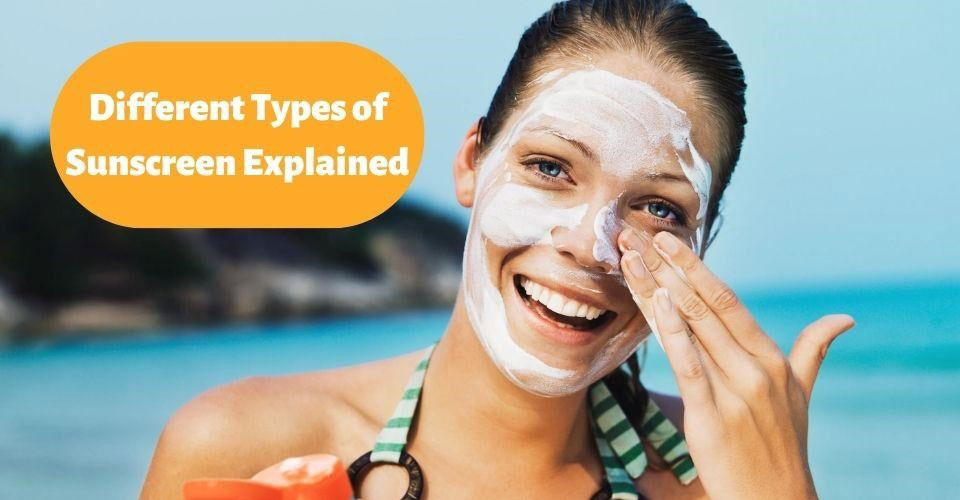
Two different types of sunscreens
What Is Chemical Sunscreen?
Chemical sunscreens are those that have chemical ingredients that penetrate the skin, such as avobenzone, homosalate, oxybenzone, and octinoxate.
Fatima Fahs, MD, a board-certified dermatologist in Michigan and the founder of Dermy Doc Box, explains that there, they collect UV rays and transform them into a harmless amount of heat.
Pros
In contrast to mineral sunscreens, chemical sunscreens are simple and quick to apply and do not leave a white film on the skin since the final formulations are relatively light.
It is simpler to blend chemical sunscreen elements into products like makeup and moisturizers as well.
In addition, according to Lauren Ploch, MD, a board-certified dermatologist in Augusta, Georgia, these sunscreens statistically perform better in consumer testing that assesses how long they shield the skin from UV radiation.
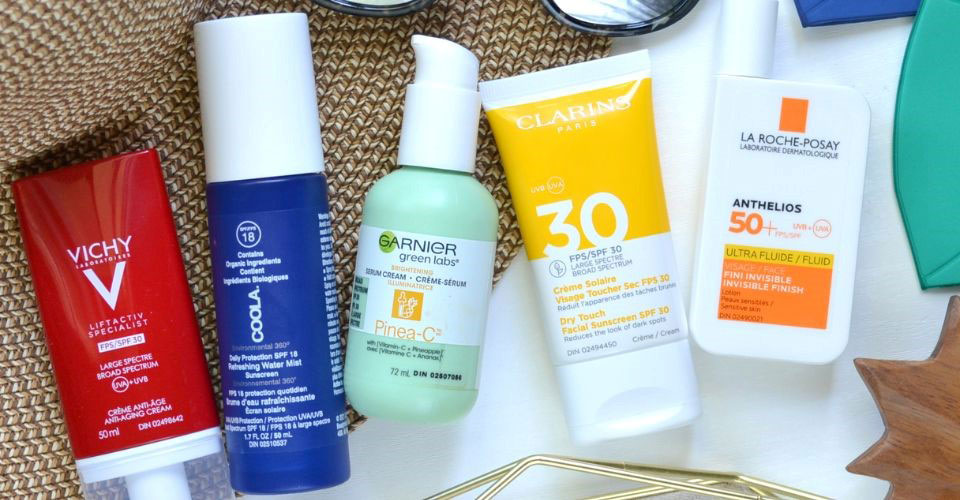
Using a chemical sunscreen has many benefits
Cons
The fact that chemical sunscreen still permits some UVA exposure is its main disadvantage.
Chemical sunscreens may not offer complete UVA protection because UV rays must pass through the skin to reach the chemicals, which nonetheless cause harm to the skin's deeper layers.
In certain individuals, chemical sunscreens may also induce skin responses. According to Ploch, chemical sunscreens can exacerbate rosacea and melanomas and trigger allergic reactions in those with sensitive skin.
Notably, it is necessary to reapply the chemicals more frequently because direct light makes them deplete more quickly.
What Is Physical Sunscreen?
In contrast to chemical sunscreens, which are absorbed into the skin, physical sunscreens sit on top of the skin.
Also called mineral sunscreens, they develop a barrier on the skin's surface that deflects UV radiation, shielding the skin from harm and sunburn.
Nowadays, only titanium dioxide and zinc oxide are recognized as physical components by the FDA.
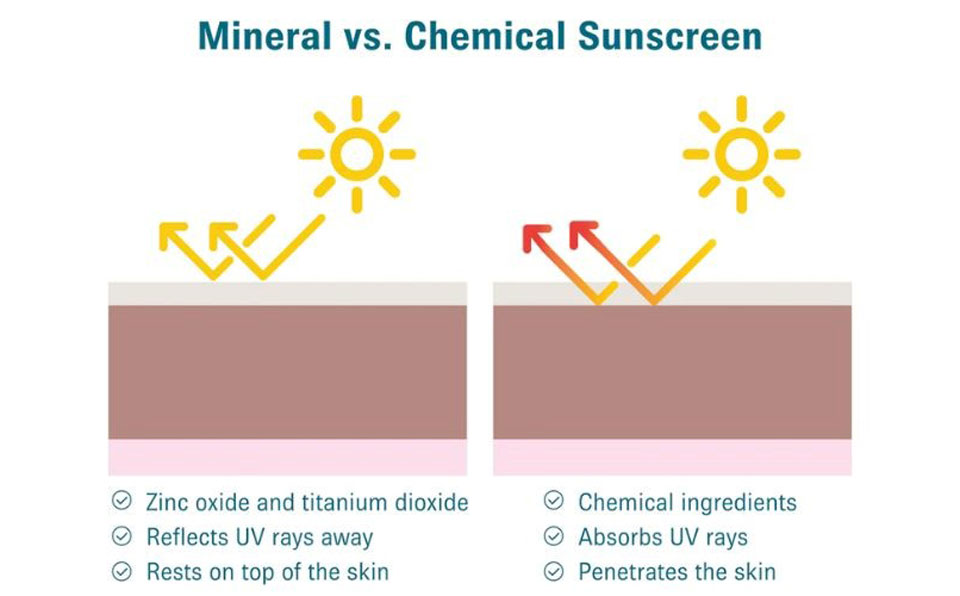
How two main types of sunscreen work
Pros
The best thing about physical sunscreen is that it inhibits UV radiation at the surface level, protecting against UVA and UVB rays.
They also don't require waiting because they immediately take effect when applied as a physical barrier.
Unlike chemical sunscreens, the FDA typically recognizes the two most popular constituents in mineral sunscreens as safe and effective.
Ploch asserts that "[Mineral sunscreens] are far safer for persons who are concerned about long-term exposure to chemical chemicals, perfect for kids and people with melasma, as well."
One of the most famous physical sunscreens on the market today is the 3W Clinic Intensive UV Sunblock Cream 70ml. Packed with SPF 50+ and PA++++, it is the most effective wide-spectrum protection available that protects against UVA and UVB radiation.
You can read more about this sunscreen for all types of skin in our blog!
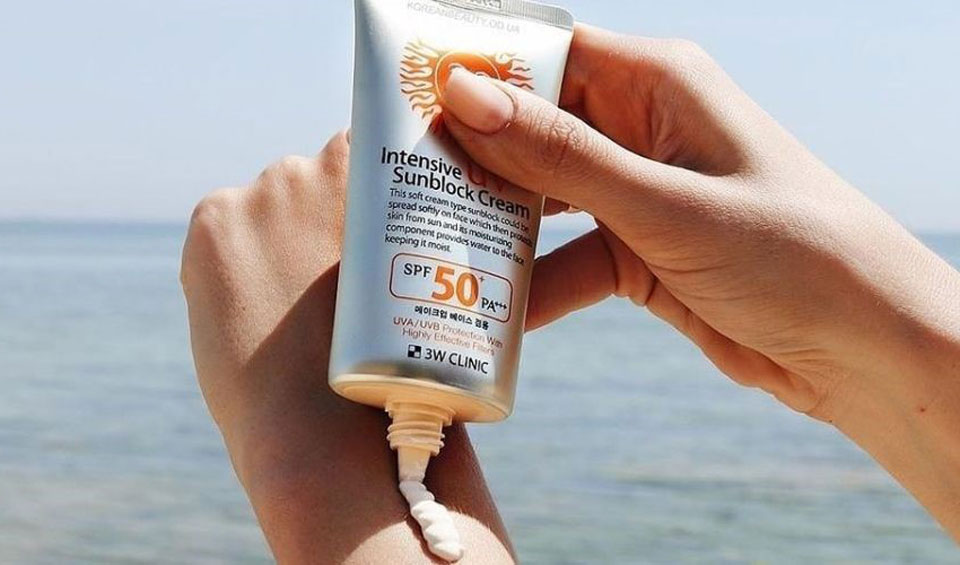
3W Clinic Intensive UV Sunblock Cream
Cons
Despite being ideal for those with sensitive skin, mineral sunscreen is thick and lies on top of the skin, which may cause outbreaks in those who are prone to acne.
Which type of sunscreen leaves a white cast? It’s a mineral sunscreen. They often leave a cast that resembles whiteness, which is noticeable on the skin.
When using this kind of sunscreen, you will have to reapply it frequently because they are quickly washed off by perspiration, sweating, or rinsing off the skin's surface.
Chemical Vs Physical Sunscreen Summary
Now, let’s sum up the pros and cons of these two different types of sunscreens:
|
Chemical sunscreen |
Mineral sunscreen |
|
|
Pros |
|
|
|
Cons |
|
|
Which Type Of Sunscreen Should You Choose?
Young children in particular should choose a physical sunscreen because such components are more gentle for people with delicate skin.
However, if you are wondering, the answer should be a chemical one given that it doesn't create a white cast.
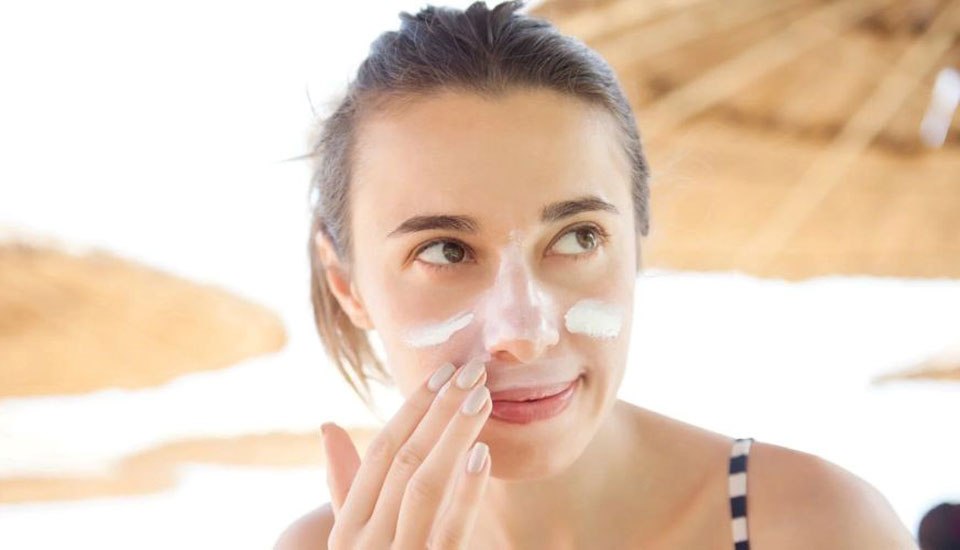
Physical sunscreen is safer to be used on the skin
"A chemical sunscreen basically just protects against UVB - the burning rays," claims Penn plastic surgeon, Ivona Percec, MD, Ph.D.
That is deteriorated by the sun after two hours. Because it offers UVA and UVB protection, the mineral block is by far the superior barrier.
In all, both sunscreen varieties offer sufficient protection. Which sunscreen is best for you may depend on your own preferences.
Tips To Pick The Best Kind Of Sunscreen
The best type of sunscreen suited to your needs and uses depends on a number of things. Here are some fundamental tips to keep you safe from sunburn and stay healthy:
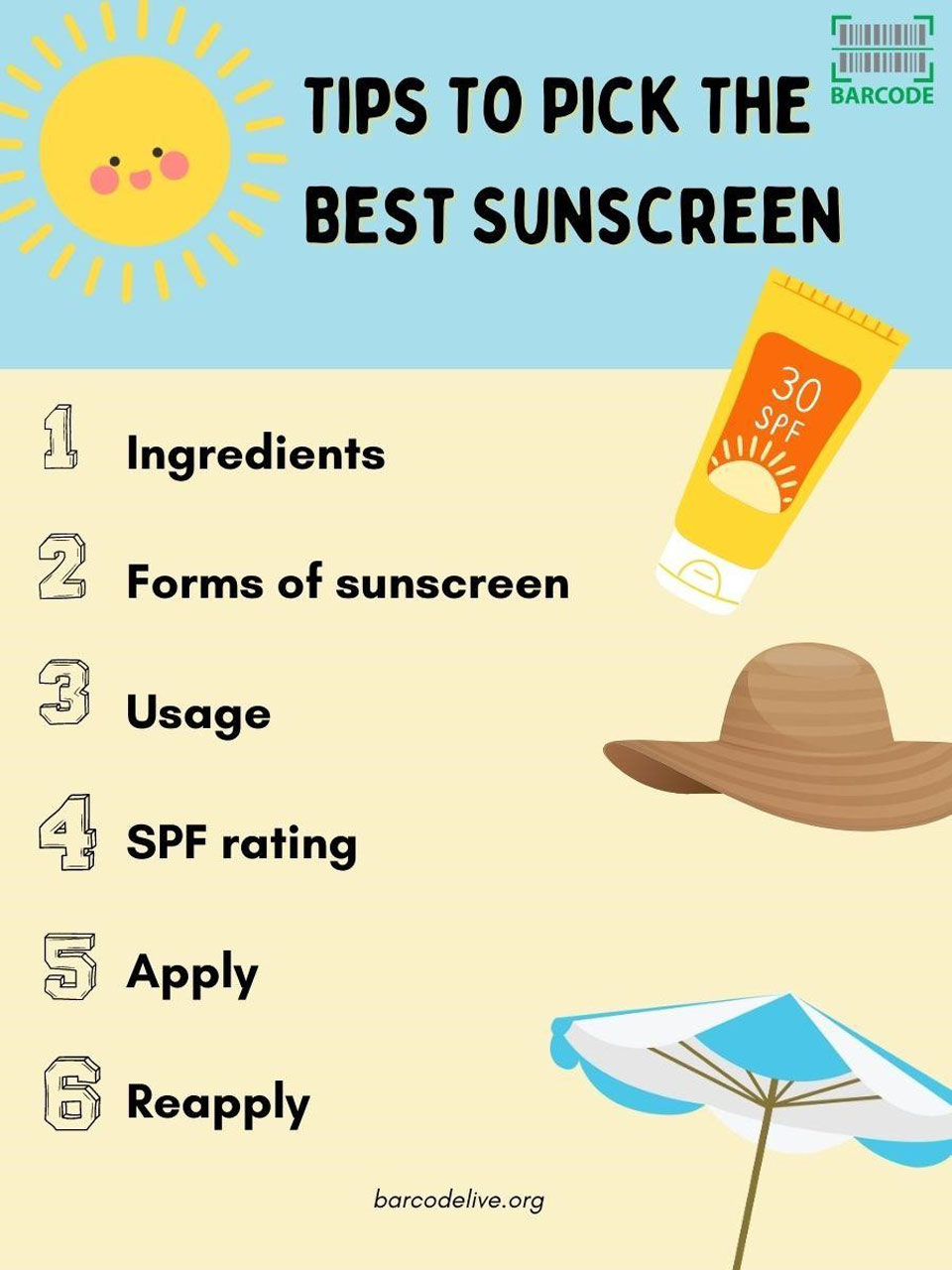
Tips to decide which type of sunscreen to use
Ingredients
You should first have a look at the types of sunscreen ingredients.
Mineral sunscreens, zinc oxide, and titanium dioxide have been the subjects of most research into clinical safety and effectiveness.
If you choose a chemical sunscreen, try to stay away from products that include oxybenzone as it may cause skin allergies.
Forms of sunscreen
Types of sunscreen products are also worth considering.
Go for a lotion-based sunscreen to minimize inhalation and lung exposure, even though spray sunscreen choices are more practical.
Usage
Physical sunscreen is your best bet if you'll be exposed to the sun for most of the day, particularly if you have sensitive skin or a skin problem like rosacea or acne.
You may want to think about using a chemical sunscreen if you plan to exercise or swim since you will have to reapply mineral sunscreen regularly.
SPF rating
The sunscreen types SPF may be abused, and safety may be taken for granted.
Thus, the proper application of a low SPF product is far more beneficial than relying on the poor application of a high SPF product.

Don’t focus on the SPF number
Apply
Use a thick layer of physical sunscreen for immediate effectiveness, and at least 20 minutes before going outside if you want a chemical sunscreen.
Reapply
Use sunscreen again at least every two hours because it all wears off. This is especially true for chemical sunscreens when exposed to the sun directly and sweating or swimming while wearing mineral sunscreens.
According to dermatologists, the safest option is a so-called "physical" or "mineral" sunscreen containing titanium dioxide or zinc oxide.
Only those components are listed by the FDA as being "generally recognized as safe and effective" in sunscreen.
SPF 30 sunscreen will shield you from around 96.7% of UVB rays, while SPF 50 sunscreen will shield you from approximately 98% of UVB rays.
No sunscreen offers 100% protection from UVB radiation, but anything above SPF 50 makes very little difference regarding the risk of sun damage.
The following high-risk chemical UV filters have already been outlawed in 7 nations and regions worldwide due to their extreme toxicity.
Oxybenzone/Benzophenone-3 (BP-3)
Octinoxate/Octylmethoxycinnamate (OMZ)
Homosalate
Octisalate/Ethylhexyl Salicylate
Octocrylene/2-Ethylhexyl Ester
Avobenzone
Parabens
Bemotrizinol
Retinyl Palmitate
Titanium Dioxide
Methylisothiazolinone
Final Words
Applying sunscreen every day is equivalent to making a long-term investment in your skin, particularly if the sunscreen is created precisely for your skin type. Although the benefits might not be apparent right away, they should become clear in ten years.
With this guide, we hope you can get the right one for yourself among two different types of sunscreen. And don’t forget to follow Barcode Live for more helpful tips!
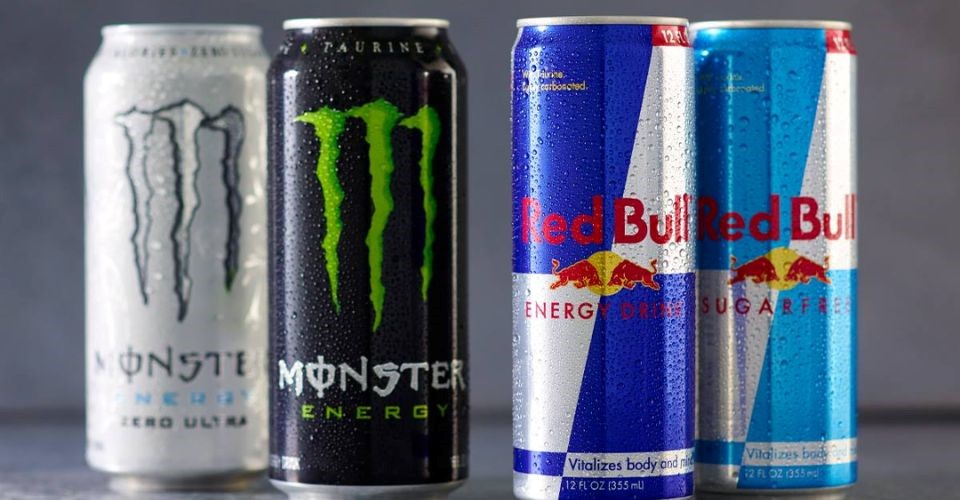
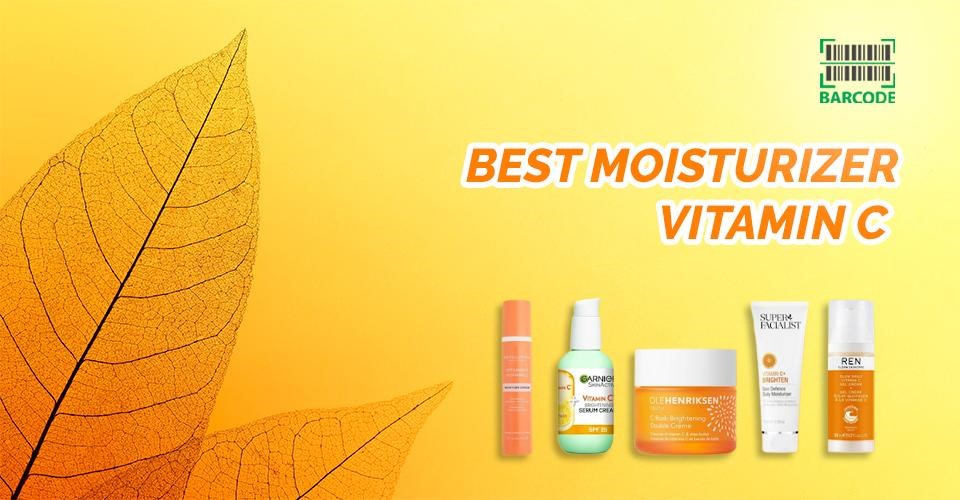
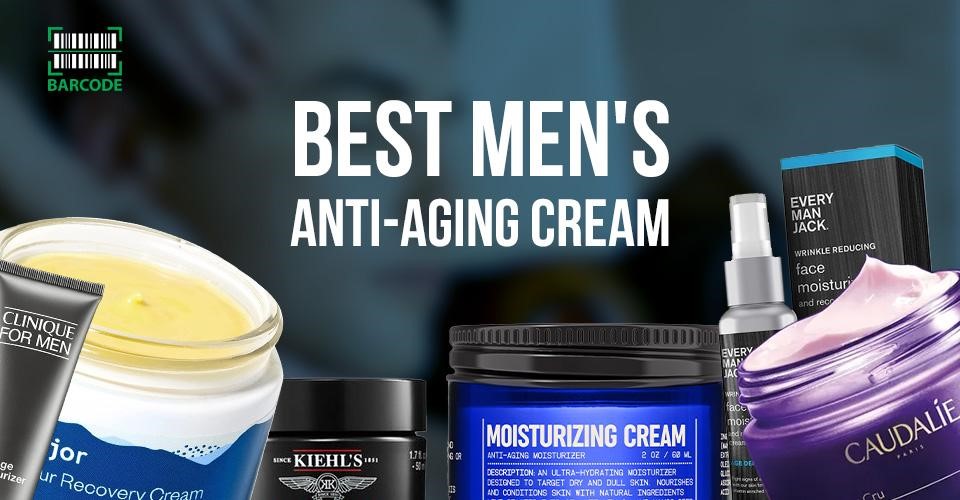
12 Comments
Alexander
Every sunscreen I have tried irritates my eyes to the point they stream water and I cannot see or function. I'm a complete newbie to all of this and used to just not put sunscreen on my face, which I now know is a horrible idea. I've seen on some videos that there are mineral and chemical sunscreens and I don't actually understand the difference. How do I tell if a sunscreen is mineral or chemical and does one vs the other have a better chance of not hurting my eyes?
Leave a Comment
Your email address will not be published. Required fields are marked *Komal Rattan
Try a powder sunscreen. They are typically mineral based. I'm very sensitive too and can tolerate mineral based powder sunscreen. Also it's easy to reapply.
Leave a Comment
Your email address will not be published. Required fields are marked *Lakshmi Chandran
Chemical filters (avobenzone, oxybenzone, octinoxate) commonly used in the US tend to sting around the eyes. However, chemical sunscreens from outside the US might work perfectly fine around your eyes in comparison because they contain chemical filters that tend to play nicer with our eyes and skin.
Leave a Comment
Your email address will not be published. Required fields are marked *Genevieve Fleming
I’m struggling to find a good mineral sunscreen for my skin, but scared to use the one I always did before pregnancy. Do they really harm the baby?
Leave a Comment
Your email address will not be published. Required fields are marked *Aruna Tank
I've never heard of this before. Sounds like fear mongering to me. The sunscreen would have to absorb into your skin then travel into your bloodstream and cross the placenta then enter your fetus.
Leave a Comment
Your email address will not be published. Required fields are marked *Easton Barnes
I just saw my dermatologist last week, she said its up to you what to use. The research shows that chemical sunscreens could have carcinogenic effects but it is not a proven link. She said if you want to not worry about it then use a mineral sunscreen but it is all about personal choice and risk.
Leave a Comment
Your email address will not be published. Required fields are marked *Magnolia Patterson
Mineral vs Chemical sunscreen. Which is more effective at protecting melasma and hyperpigmentation?
Leave a Comment
Your email address will not be published. Required fields are marked *Poonam
I'd like to know the answer too
Leave a Comment
Your email address will not be published. Required fields are marked *Eduardo Wood
Mineral. It blocks rays. Chemical absorbs rays.
Leave a Comment
Your email address will not be published. Required fields are marked *Rupesh Iyengar
I hedge my bets and use a mineral/chemical combination- EltaMD
Leave a Comment
Your email address will not be published. Required fields are marked *Isha Patil
Very detailed article
Leave a Comment
Your email address will not be published. Required fields are marked *Barcodelive
Nice
Leave a Comment
Your email address will not be published. Required fields are marked *Leave a Comment
Your email address will not be published. Required fields are marked *